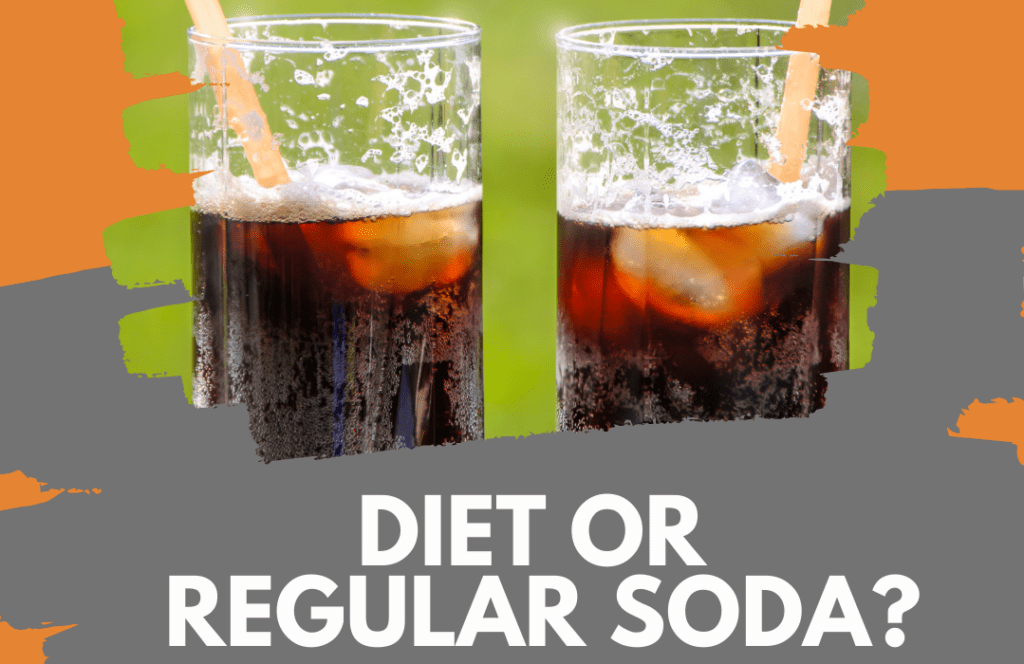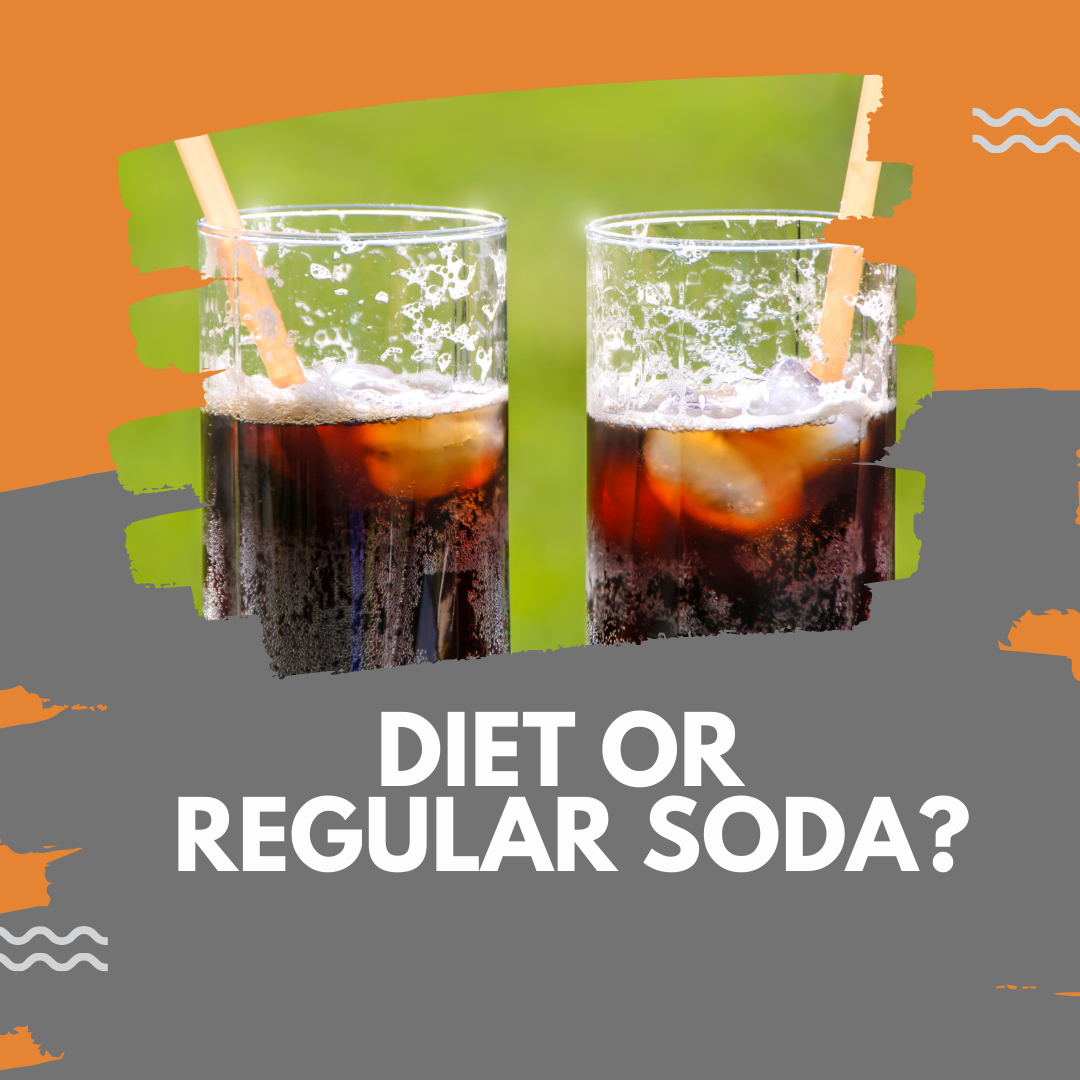Choosing between diet soda and regular soda is a common dilemma for many, particularly those who are health-conscious but also crave the sweet, fizzy satisfaction that soda provides.
Factors to Consider When Deciding Between Diet or Regular Soda:
 Regular Soda: A Sugar Bomb
Regular Soda: A Sugar Bomb
Regular soda is typically loaded with sugar and calories. A single can of soda can contain as much as 150-200 calories and 39 grams of sugar, which is equivalent to about 10 teaspoons of sugar. Consuming such high levels of sugar can lead to a rapid spike in blood glucose levels, increasing the risk of developing insulin resistance, type 2 diabetes, obesity, and cardiovascular diseases. Furthermore, the empty calories in sugary sodas contribute to weight gain without providing any nutritional value.
Diet Soda: A Lower-Calorie Option
Diet soda is marketed as a healthier alternative because it contains little to no calories and sugar. It uses artificial sweeteners like aspartame, sucralose, or stevia, which provide a sweet taste without the caloric impact. This makes diet soda popular for those looking to cut calories and sugar intake.
However, there are concerns surrounding the long-term effects of consuming artificial sweeteners. Some studies suggest that these sweeteners can alter gut bacteria, potentially leading to metabolic changes and glucose intolerance. Additionally, there is evidence that drinking diet soda may be linked to weight gain due to altered appetite regulation and a tendency to crave sweeter foods. While these risks are not conclusively proven, they raise enough concern to warrant caution.
Why Opting For Diet Soda May be an Appropriate Choice
- Reduced calories and sugar – If someone is currently drinking regular soda, a simple switch to diet soda can reduce their sugar and caloric intake significantly resulting in weight loss and better overall health metrics. If you are going to drink pop, the ‘no sugar, no calorie’ options seem to be the healthier option.
- Satiation – Some people find that a diet soda helps to curb their appetite. If your goal is weight loss, opting for a diet-soda may help reduce overall caloric intake. However, some studies indicate that this may not be the case for everyone and a diet soda may in fact, increase appetite and a craving for sugar for some.
- Alcohol restriction – Some find that diet pop is a good alternative to alcohol. If you are trying to limit or avoid alcohol, opting for a diet drink is a better choice. Some people frown on people who drink diet pop considering it an unhealthy choice, while openly consuming alcohol, which in fact, is much more toxic and poisonous to the body. Think of it this way: drinking too much diet pop doesn’t affect someone’s driving abilities, cognitive function, or cause them to feel nauseous and/or hungover the next day. Clearly, if you had to choose between diet pop and alcohol, diet pop is the healthier choice.
The Case for Neither
When weighing the risks and benefits, it’s clear that while diet soda might be a better choice than regular soda in terms of calorie and sugar content, it’s not without its potential downsides. This is where water comes in. Water is the healthiest beverage choice, offering hydration without any of the risks associated with sugary or artificially sweetened drinks. Drinking water supports overall health, aids in digestion, helps maintain a healthy weight, and ensures proper bodily functions.
For those who find plain water unappealing, adding a splash of lemon, cucumber slices, or a few berries can add flavor. Herbal teas, kombucha, and sparkling water are also great alternatives to soda.
Yours in health & fitness,
Sherri McMillan



